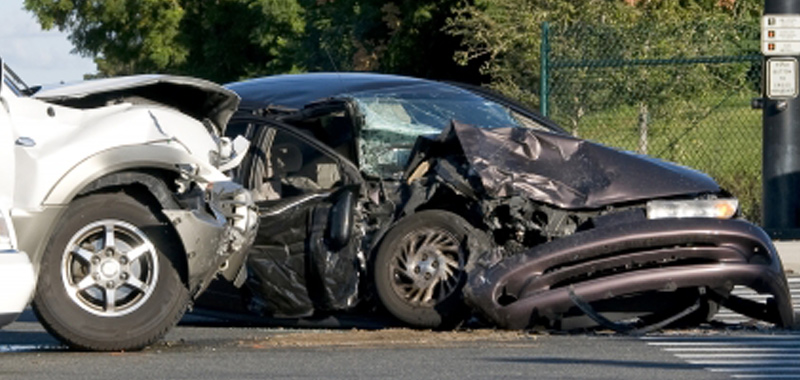Affection damage, Shock damage, claim for damages for next of kin
Supreme Court 9 October 2009
On March 31, 2001 at Valkenburg aan de Geul, a car-accident three persons aged 18 to 20 (occupants of a Honda Accord) were killed; a fourth occupant was seriously injured. The accident was caused by a Vauxhall Omega that chased and followed the victims in their car at a very short distance and eventually hit the Honda, causing the car to veer off the road and crash into a tree. The driver and co-driver of the Vauxhall were criminally convicted of (co-)committing manslaughter.
In these civil proceedings in which the Supreme Court has ruled, the close family (family) members of the deceased act as plaintiffs. Namely, the (six) parents, a sister and two brothers. Winterthur, as the Opel's WAM insurer, has acknowledged liability for the plaintiffs' lost livelihood and various expenses that were not covered by their health insurance, such as costs of psychological care and assistance. The plaintiffs now have a dispute with Winterthur over whether Winterthur is liable to compensate the plaintiffs' non-material damages. The court dismissed the claims. This judgment was upheld by the court of appeal and the case came before the Supreme Court.
In 2002, the Supreme Court ruled in the Taxibus (or Shock Damage) judgment that the system of the law implies that next of kin, in case someone with whom they had a close and/or affective relationship dies, cannot ask for compensation of damage due to the grief they experience as a result of this death (so-called affection damage). According to the Supreme Court, the law leaves room for compensation of own immaterial damage of third parties/next of kin only if the perpetrator committed his act with the express intention of causing damage to those next of kin himself (cf. the killing by an ex-husband of his former husband's child to cause grief). Or in the case of death as a result of a serious accident caused by violation of a safety or traffic standard, and the third party/next of kin was directly confronted with the accident (i.e. seeing or witnessing it) or with its serious consequences and this confrontation caused the third party severe emotional shock and psychological injury. If so, this resulting immaterial damage - so-called shock damage - is compensable.
In the case that now came before the Supreme Court, the next of kin argued that if an intentional offence has been committed, the requirement of a "direct confrontation with the serious consequences" of the accident, as expressed by the Supreme Court, in the Taxibus judgment, should not be given too much weight. In addition, the next of kin also argued that the perpetrators acted towards them in violation of Article 8 ECHR (European Convention on Human Rights) by infringing their right to family life, on the basis of which they claimed compensation for their immaterial damages. However, the Supreme Court rejected this requested widening of the obligation to compensate surviving relatives and thus also the claims of these relatives.
Tip: The bill introducing the right to compensation for affection damage for a limited group of bereaved families was passed by the House of Representatives on 22 March 2005. It is still pending in the Upper House. Perhaps poignant examples like the one described above will prompt our parliamentarians to make some progress!


